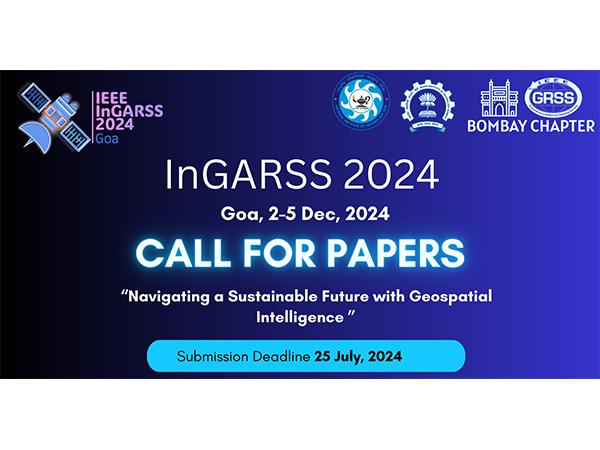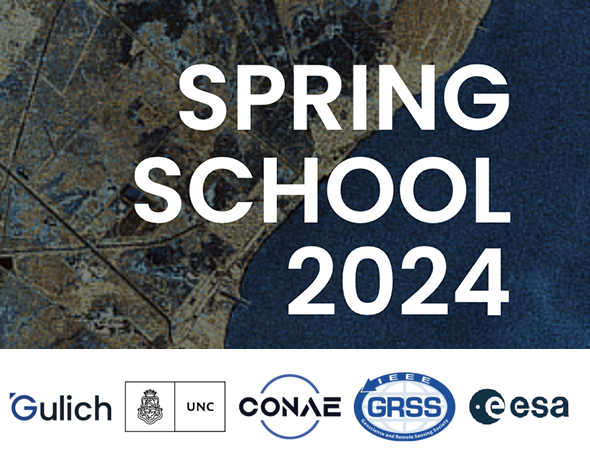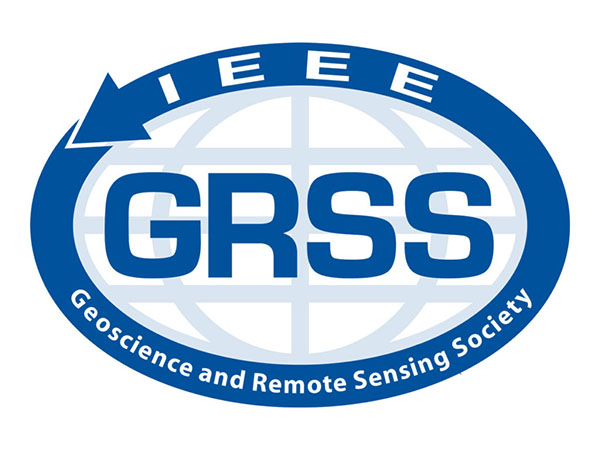Faculty of Science and Technology/Norwegian Meteorological Institute, UiT The Arctic University of Norway, Tromsø
Deadline: March 24, 2021
The position is a 3-year PhD fellow in the area of satellite remote sensing and drift modelling for coastal environmental applications. The project is a collaboration between UiT The Arctic University of Norway and Norwegian Meteorological Institute.
This study will focus on an integrated methodology utilizing remote sensing (synthetic aperture radar and optical data from satellites and aircraft) and geophysical modelling (oil spill trajectory modeling, ocean circulation models, wave models and/or weather prediction models) to detect and characterize spatial and temporal properties of ocean surface pollution, such as oil spills and produced water, or biogeochemical substances, such as harmful algae and plankton. The aim of this project is to establish a framework and develop the tools needed for efficient environmental monitoring and large-scale impact studies of ocean pollution.
The candidate’s daily office will be at UiT’s Campus Tromsø, but the candidate is also encouraged to spend time at MET Norway’s premises in both Oslo and Bergen.
The research will include:
- Use of ocean ensemble prediction systems (Barents-2.5, Norkyst-800) in conjunction with particle trajectory models (OpenDrift) to describe the temporal and spatial development of marine pollution (e.g., oil slicks) and associated uncertainties in drift predictions.
- Develop and/or apply machine learning and/or statistical segmentation methods to extract surface slick masks from synthetic aperture radar (SAR) and/or optical data that shall be used for initialization and verification of drift simulations.
Requirements Include:
- The position requires a Norwegian Master’s degree, or a corresponding foreign Master’s degree recognised as equivalent to a Norwegian Master’s degree, in applied physics, mathematics, statistics, or other relevant disciplines.
- Experience with remote sensing data analysis and/or experience in ocean or atmosphere circulation modelling.
- Background in signal and/or image processing.
- Good skills in programming and English language.
- Knowledge in machine learning and previous experience related to marine pollution remote sensing (SAR and/or optical) would be advantageous.



























